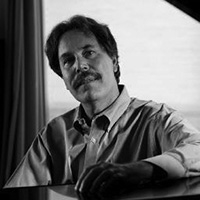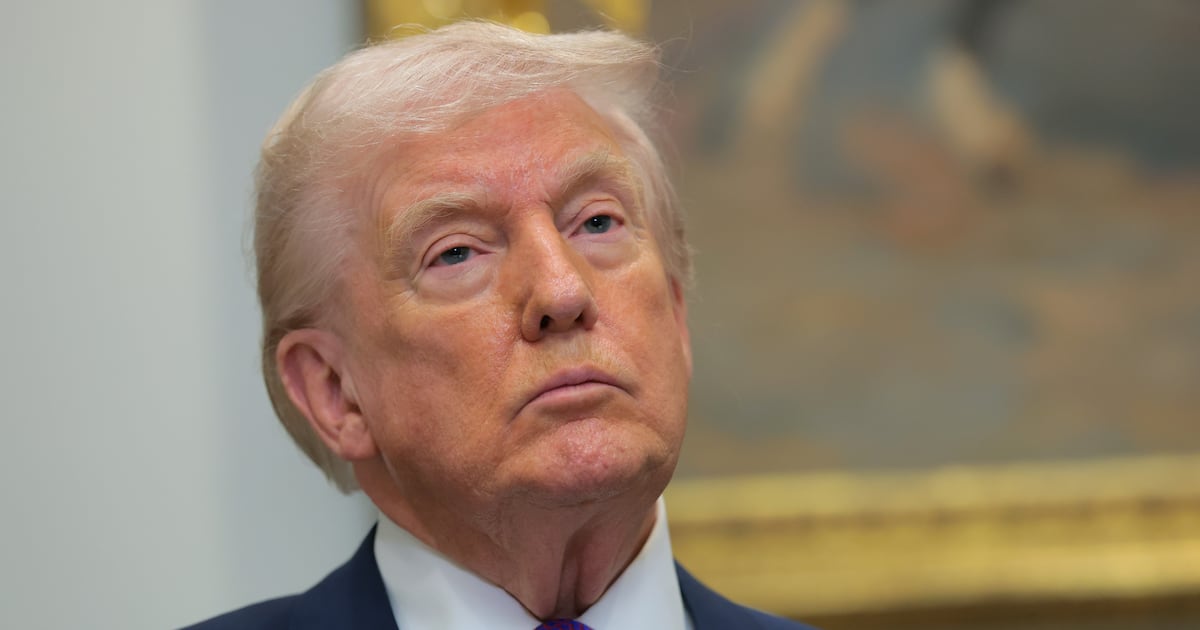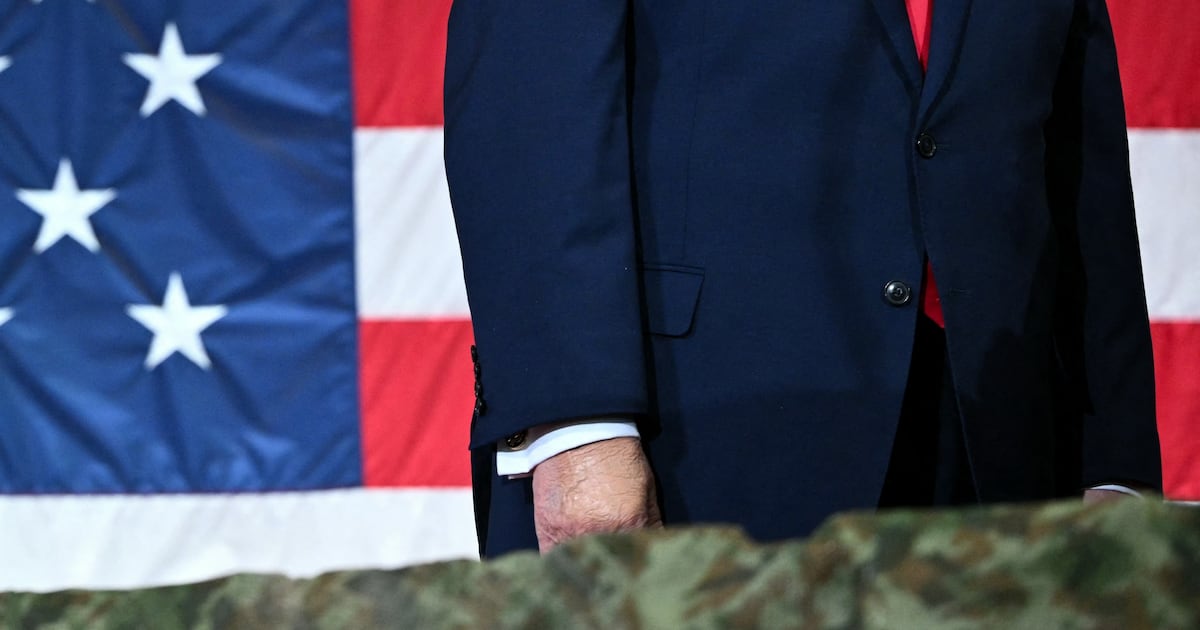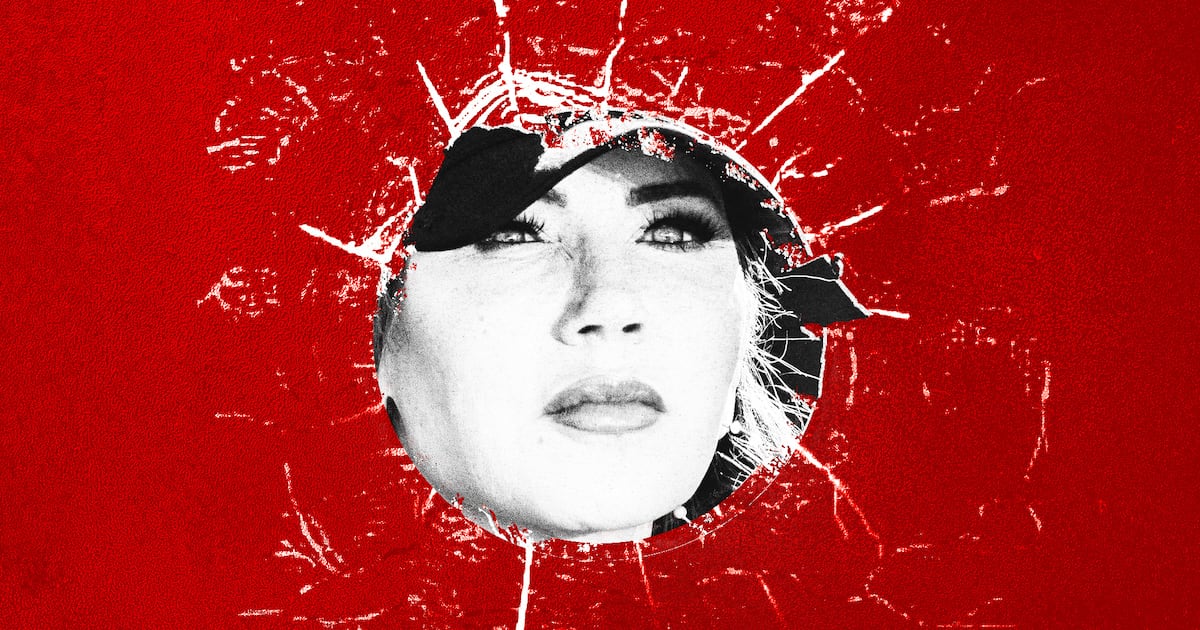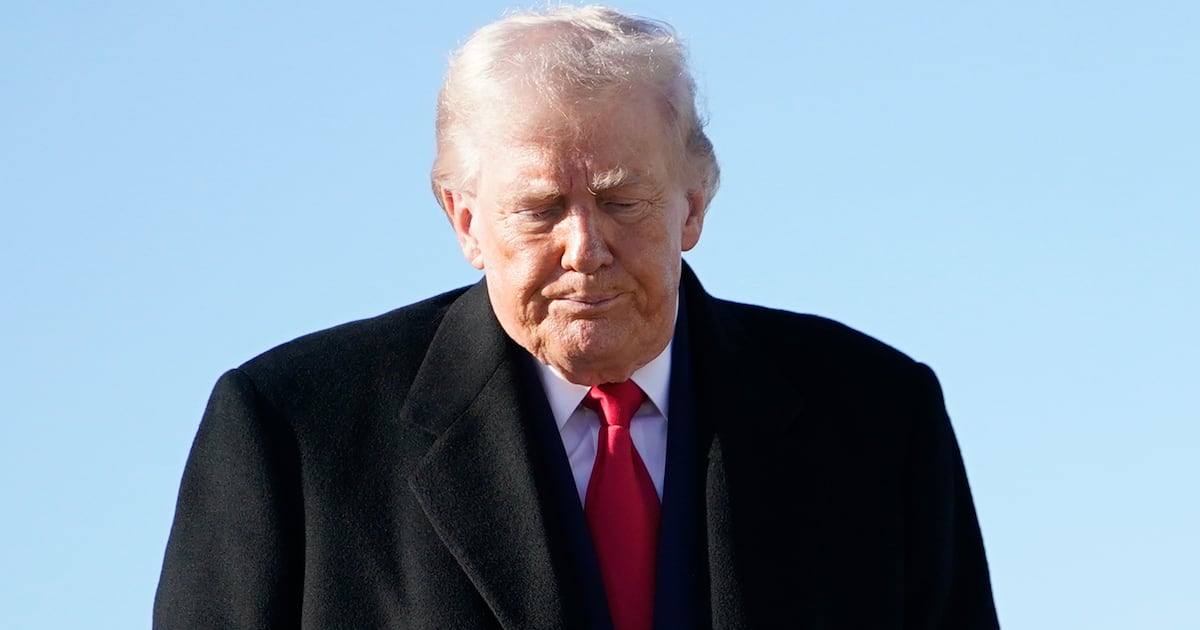Composer Terry Riley has always been hard to classify. Even in the early stages of his career, his kaleidoscopic works straddled jazz, classical, popular, and world music. Now that he is celebrating his 80th birthday on June 24, the task hasn’t gotten any easier.
Most bios focus on Riley’s role in the rise of minimalist music—and place him alongside Philip Glass, La Monte Young , Steve Reich, and John Adams as a key protagonist in subduing the 12-tone row and bringing throbbing, hypnotic tonal music to the forefront of the contemporary classical scene.
I can’t disagree with this assessment. Riley’s best-known work, the composition In C, stands out as a landmark of the minimalist aesthetic. And it sounds just as fresh today as it did back in 1964 when Riley composed it. If you have any doubts, check out the mind-expanding new recording of In C featuring traditional African instruments. Just when I thought that this half-century old composition held no more surprises, this new interpretation opens up new horizons.
But you could also praise Riley as a pioneer of tape loops. Or as a leader in merging Western and Eastern performance traditions. Or as an innovator in electronic music. He has delved deeply into jazz, and his exceptional live recordings in Lisbon and Padova make clear that Riley could have built his career entirely on his skill at keyboard improvisation. He has also been an influential advocate for alternative tuning approaches—hear what he does with just intonation on his seminal double album (my favorite Riley work) The Harp of New Albion. Add to this Riley’s many string quartets, orchestral works, and other projects as composer and performer, and you are forced to conclude that this supposed minimalist has had maximal impact on a wide range of fronts.
I recently talked with Riley about his life and times, and especially his views on music from the perspective of his 80th birthday. Below I share our conversation.
TG: How will you be celebrating your 80th birthday?
TR: There have been a lot of concerts—at the Barbican, at a festival in Amsterdam, and other places. But on the actual day of my birthday, I’ll be having surgery on my arm.
Most artists prefer to think about the future not the past, but an 80th birthday is obviously a moment to look back and take stock. What aspect of your legacy do you find most gratifying?
I’m really very happy with my association with the Kronos Quartet. It was an unexpected bonus when I first met them. This has given me the opportunity to write a big group of string quartets. It’s been educational for me. It’s been a very good relationship.
What projects are you currently working on?
I am working on a composition for my son Gyan, who is a guitarist. It’s a piece for string quartet and guitar. I’m doing a work for children’s choir. Also I’ll be performing at the Barbican as part of a residency by artist Doug Aitken.
Your fans are familiar with your recordings, but many of us wonder how much of your music hasn’t been released on record? Years ago, one of your students played for me a remarkable bootleg tape of you singing and chanting—I was very struck by this music and I looked later for a commercial recording of this music, but never could find it. Are there other aspects of your work that aren’t documented on commercial releases?
Unfortunately there’s quite a bit that either isn’t recorded or is on albums that aren’t widely available. This has been very disappointing to me. For example, there’s a violin concerto; a triple concerto for two guitars and violin; a concerto for electric violin composed for Tracy Silverman, a wonderful electric violin player; and an organ concerto for Cameron Carpenter, who is a phenomenal virtuoso. These are works I spent years on. But some of these will see the light of day during the next couple of years. As for my singing—it’s on a record called Atlantis Nath, which may not be easy to find.
Can you share some words on your creative process?
That’s a complicated question because it happens on so many levels. My musical mind never shuts down. I will wake up at night with ideas. Or some will come while I’m digging in the garden or taking a walk. It seems to go on both when I’m actively making music and when I’m not. Sometimes when I’m sitting around and watching birds fly, musical ideas will occur to me.
Has that changed over the years?
It’s been more or less the same. I’ve always felt that music comes from a universal consciousness. It is always there, and sometimes we tap into it. At times it will come all at once. We will tap into it with a lot of voltage. We will get a big idea, and it’s hard to even handle it. But it’s always going on. I’ve always been very aware that it’s not coming from me. It’s coming from something I’m just tapping into.
I once asked Stan Getz about what music he listened to. He gave a very interesting response: “I listen to music that way a Wall Street broker follows the stock market.” The implication was that he had moved beyond listening as a fan or for personal pleasure. Let me ask you the same question: what role does listening to music play in your life?
Most days I’m doing music all day, every day. I start the day out with North Indian raga. Then I am generally composing during the day. So when the day ends I usually need a little space from music. Some days I don’t listen at all. But if I do listen, I like to listen to music that nurtures my soul, and that often turns out to be Indian classical music or some kinds of African music. I love Mauritanian music, especially the female vocalist Dimi Mint Abba. And there are some Algerian musicians. When I do listen, I tend to listen over and over to the things I like. I am at the opposite end of the spectrum from Stan Getz.
When I hear some of your live albums, especially the Lisbon concert and the Padova concert, I feel that they embody a jazz sensibility. How much of this music is improvised?
It works a lot like jazz for me. I have certain ideas that are codified, that I like to come back to, or use to launch my imagination. A large part of what I do in concert is in the moment. It might deal with an idea that I’ve dealt with before, but I don’t have any preconception about how I am going to treat it. In that regard, improvisation plays a big role in this music. It’s a process of trying to keep open, and not let preconception block what I might do.
I recently participated in a dialogue about religious music in the current day, and I offered the opinion that the best of it doesn’t take place during a ritual or at a place of worship. I mentioned you as an example—describing you as secular composer with a strong spiritual dimension to your music. Is that a fair assessment? How do you see the role of spirituality in your music?
I think there’s a difference between being religious and being spiritual. Religion, to me, is more of an organization, more of a dogma. Where spiritual life is trying to be aware of this wonderful gift we have of being human beings and being able to experience the universe around us. I think the Beatles are spiritual; or Miles Davis and John Coltrane. Most of the great jazz musicians I’ve seen awaken the spirit. They awaken intelligence. This, for me, is the role of music in life—to uplift people, to give them a vantage point that they wouldn’t normally see in their lives.
My 15-year-old son, who plays a bunch of instruments, got his hands on some music notation software (Finale) this week, and is going to write his first composition. What advice would Terry Riley give to someone like him, who is thinking about composing for the very first time?
If he’s going to be using music software, I would encourage him to think about conceptualizing his music in other ways, too. Don’t let music just be software driven—I see that with a lot of young composers. I find that it’s even a temptation for myself. I use Sibelius [a music notation program]. If a composer is also a performer that will probably be a main source of musical ideas. But I see a lot of composers who don’t have enough practical experience. That doesn’t serve them well.
I started out in music as an untrained performer. I started out doing music during World War II, and my only teacher was the radio. I listened to songs on the radio, and when I got a piano, I tried to play what I heard on the radio. Playing by ear shaped my musical abilities and way of learning. If I had gone to a conservatory then I would probably have turned out differently.
But I hesitate to give advice to anybody because everybody is so different. And I didn’t listen to the advice that was given to me. So I know what that’s like.
The most important development in classical music during my lifetime has been the resurgence of the tonal center in contemporary compositions. I note that you not only anticipate this with your most famous piece, but even announced it in the name of the composition—a work that was definitely in the key of C. What do you think about this resurgence of tonal music?
I was playing around with atonal music before I wrote In C. I was at UC Berkeley and pursuing something of an academic career. But I didn’t feel it fit me. I was writing in that style and I found it interesting—there was a certain fluidity and rhythm and harmony and counterpoint that attracted me. But I needed music that was more grounded, that could center my attention and I could do all the time. I’ve played a little bit of jazz piano over the years, and jazz was always something that gave me this feeling. And then I discovered Indian classical music and that was very much the same. I think it’s just a question of following your nature.
In C was a kind of epiphany for me. It was a moment when I did tune into this universal mind. I’m sure of this because there was no effort to write it. It just came to me as a gift.
I see that Philip Glass and John Adams have written memoirs. Will be sharing your life story with us in book form?
It doesn’t look like it [laughs]. But there’s a person now who wants to do a lot of filming of me. There will probably be some things about me that will come out in the film, but it will probably be more abstract—things that I have written will be read as a voiceover. I’ve written a lot of poetry, and have a lot of stuff in my notebooks, but it’s not autobiographical, more philosophical.
Ted Gioia is the author of nine books on music. His latest book, Love Songs: The Hidden History is published by Oxford University Press.
